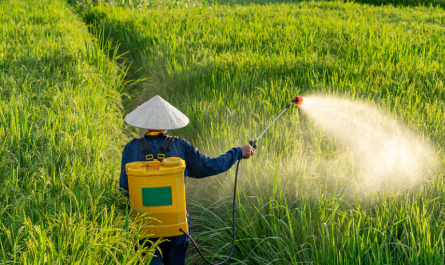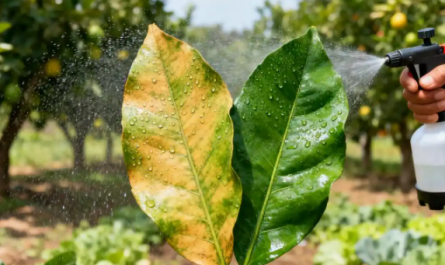Knowledge
-
Use and Precautions of the Plant Growth Regulator Gibberellic Acid GA3Date: 2026-01-27Gibberellic Acid (GA3) formulations include powders, soluble tablets, emulsifiable concentrates, pastes, and wettable powders. It is low in toxicity and safe for humans, livestock, and bees.

-
Foliar Fertilization and Pesticide Application Can Be Done SimultaneouslyDate: 2026-01-23Chemical fertilizers and pesticides are indispensable production materials in modern agriculture. To improve yield and quality, farmers are increasingly applying chemical fertilizers more frequently and in greater variety.

-
Which plant growth regulators make trees grow faster?Date: 2026-01-16The growth rate of trees is influenced by their own genes, environmental conditions, and growth regulators. Under the premise of reasonable fertilization and controlled light, the scientific use of plant growth regulators can effectively accelerate the growth process of trees, but the appropriate type must be selected based on the specific characteristics of the tree species.

-
Sodium Nitrophenolates+Urea: a Quick Remedy for Yellowing Leaves in 3 DaysDate: 2026-01-15
This combination of sodium nitrophenolates and urea works wonders for both seedlings and mature plants. In just 3 days, it can turn yellow leaves green and thin leaves thick.



